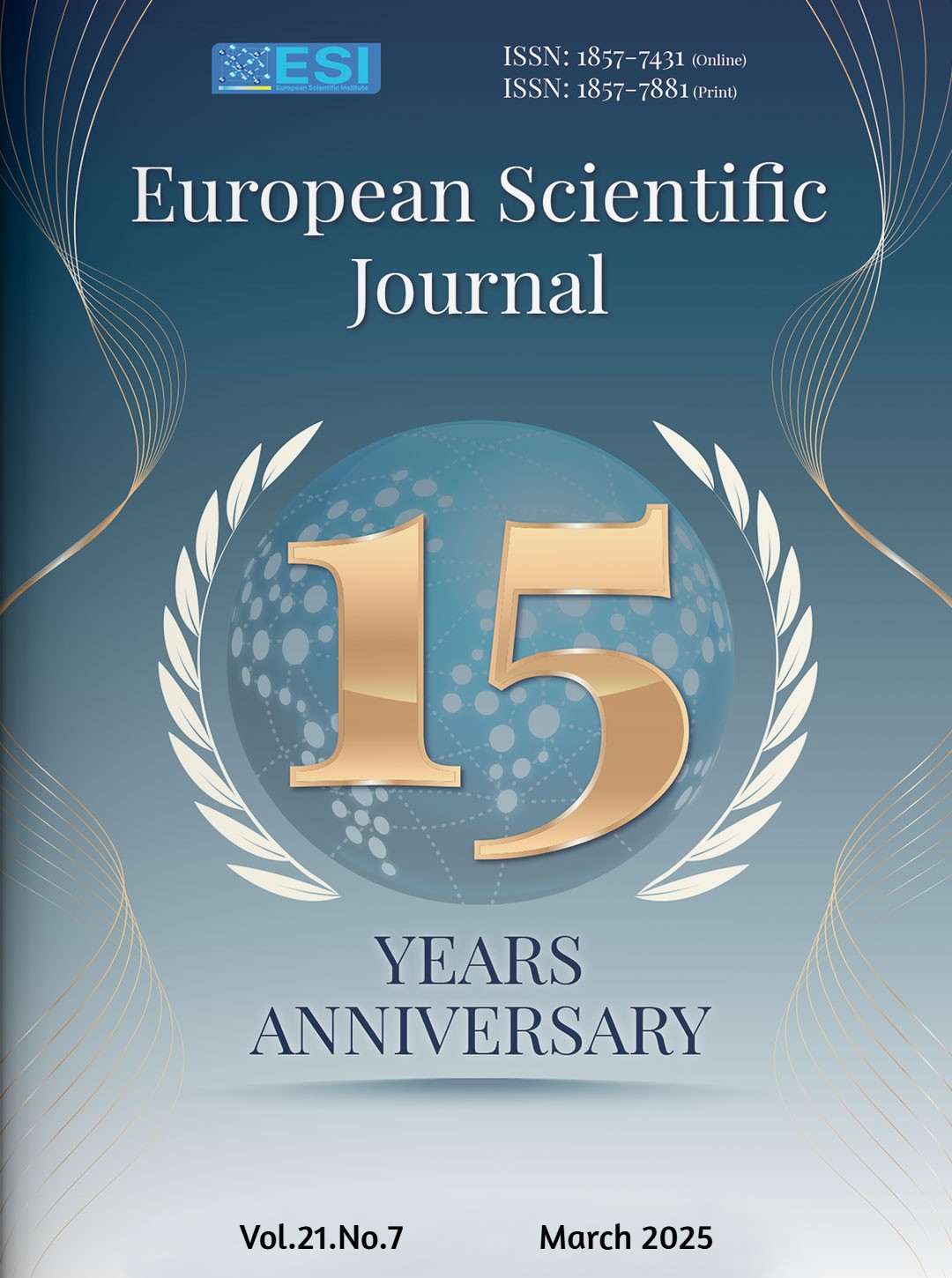Fostering Inclusion in Italy: Analyzing the 2022 Educational Guidance Reforms for Students with Disabilities
Abstract
The educational guidance and inclusion practices in Italian schools have undergone significant evolution over the last few years. Recent legislative updates emphasize equity, inclusion, and personalized educational paths, acknowledging the diverse backgrounds, languages, and abilities of students. The 2022 guidelines for school guidance, introduced within the framework of the National Recovery and Resilience Plan (NRRP), further underline the importance of creating an inclusive educational environment. This article explores the most recent regulations from 2020 alongside the latest Eurydice reports to analyze their implications for inclusive education, the role of pedagogical frameworks, and strategies to advance equity and accessibility in schools. By integrating legislative analysis, pedagogical frameworks, and comparative European perspectives, the study identifies challenges and proposes strategies for improving accessibility, teacher training, and systemic collaboration to ensure the realization of inclusive education for every student.
Downloads
PlumX Statistics
References
2. Burgstahler, S. E., & Cory, R. C. (Eds.). (2010). Universal design in higher education: From principles to practice. Harvard Education Press.
3. D’Alonzo, L. (2019). Special education for inclusion. Torino: SEI.
4. Eurydice. (2021). Guidance Systems in Europe: Policies and Practices. European Commission.
5. Eurydice. (2022). Equity in School Education in Europe. European Commission. https://eurydice.eacea.ec.europa.eu/publications/equity-school-education-europe
6. Eurydice. (2024). Key Trends in Inclusive and Adaptive Education in Europe. European Commission. https:// https://eurydice.eacea.ec.europa.eu/publications/european-higher-education-area-2024-bologna-process-implementation-report
7. Goussot A. (2015). Special pedagogy as a science of mediation and differences, Fano: Aras Edizioni.
8. Ianes, D., Cramerotti, S., & Fogarolo, F. (2021). The New EIP in bio-psycho-social and ecological perspective. Trento: Erickson.
9. Ianes, D., & Heidrun, D. (2023). Speciality and normality? Tackling the dilemma for a fair and inclusive school for all. Trento: Erickson.
10. INDIRE. (2021). Distance Learning and Inclusion During the COVID-19 Pandemic in Italy. INDIRE.
11. Ministry of Education and Merit. (2020a). Guidelines for civic education and the integration of UN Agenda 2030 in schools [Report]. Ministry of Education and Merit.
12. Ministry of Education and Merit. (2020b). National Digital School Plan. Ministry of Education and Merit.
13. Ministry of Education and Merit. (2021). Guidelines for Lifelong Guidance. Ministry of Education and Merit.
14. Ministry of Education and Merit. (2022). Triennial Plan for Guidance and Transversal Skills. Ministry of Education and Merit.
15. Ministry of Education and Merit. (2022). Guidelines on School Guidance. Ministry of Education and Merit.
16. Presidency of the Council of Ministers. (2021). Italy Tomorrow: The National Recovery and Resilience Plan (NRRP). Presidency of the Council of Ministers. https://www.italiadomani.gov.it/en/ strumenti/documenti/archivio-documenti/national-recovery-and-reslieince-plan.html
17. Sanchez-Tapia, I., & Rafique, A. (2020). Secondary Education Guidance: Multiple and Flexible Pathways. UNICEF. https://files.eric.ed.gov/fulltext/ED608914.pdf
18. UNESCO. (1994). The Salamanca Statement and Framework for action on special needs education: adopted by the World Conference on Special Needs Education; Access and Quality. Salamanca, Spain, 7-10 June 1994. Unesco. http://www.unesco.org/education/pdf/SALAMA_E.PDF
19. United Nations. (2006). Convention on the Rights of Persons with Disabilities. https://www.un.org/development/desa/disabilities/convention-on-the-rights-of-persons-with-disabilities.html
20. Law 517/1977: Rules on Student Assessment and School Inclusion in Elementary and Middle Schools.
21. Law 104/1992: Framework for the Assistance, Social Integration, and Rights of Persons with Disabilities.
22. Law 18/2009 ratifying the United Nations Convention on the Rights of Persons with Disabilities
23. Law 92/2019: Civic Education Reform.
24. Legislative Decree 66/2017: Provisions for the Promotion of School Inclusion.
25. Interministerial Decree 182/2020: Regulation for Individualized Education Plans (IEPs). https://www.istruzione.it/inclusione-e-nuovo-pei/decreto-interministeriale.html
Copyright (c) 2025 Valentina Della Volpe

This work is licensed under a Creative Commons Attribution 4.0 International License.








